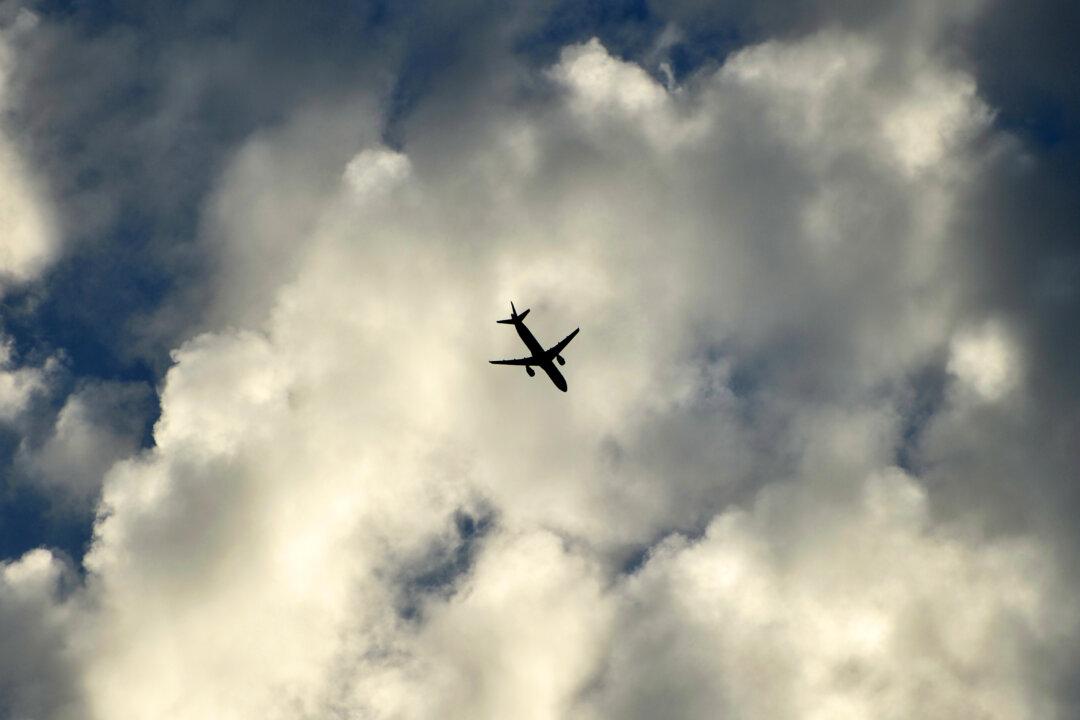The tragic suicide crash by a Germanwings pilot on March 24 that killed 150 people has prompted the airline industry to review all possible avenues for preventing a repeat of such a horrifying event—however rarely it might come up.
The latest idea is about putting technology in place that would allow ground personnel to take over control of an aircraft remotely.
Germany’s air traffic control agency floated the possibility of such technology in a statement on April 15, saying that the Germanwings event “might cause us to reconsider systems, which would allow the control of aircraft to be taken over by personnel on the ground in emergency situations.”
Martin Rolfe, managing director operations for NATS, a U.K.-based air traffic control services company, thinks this is a terrible idea.





